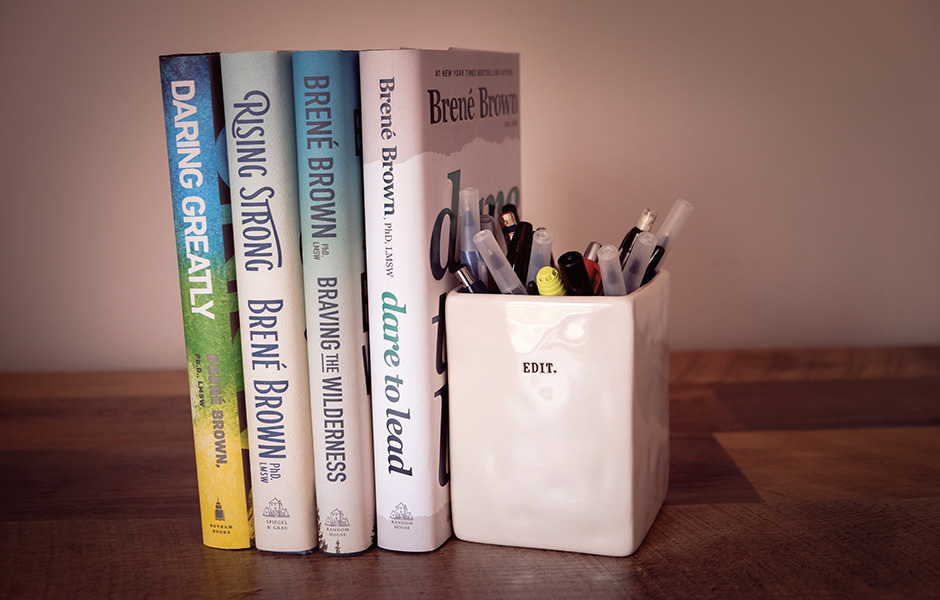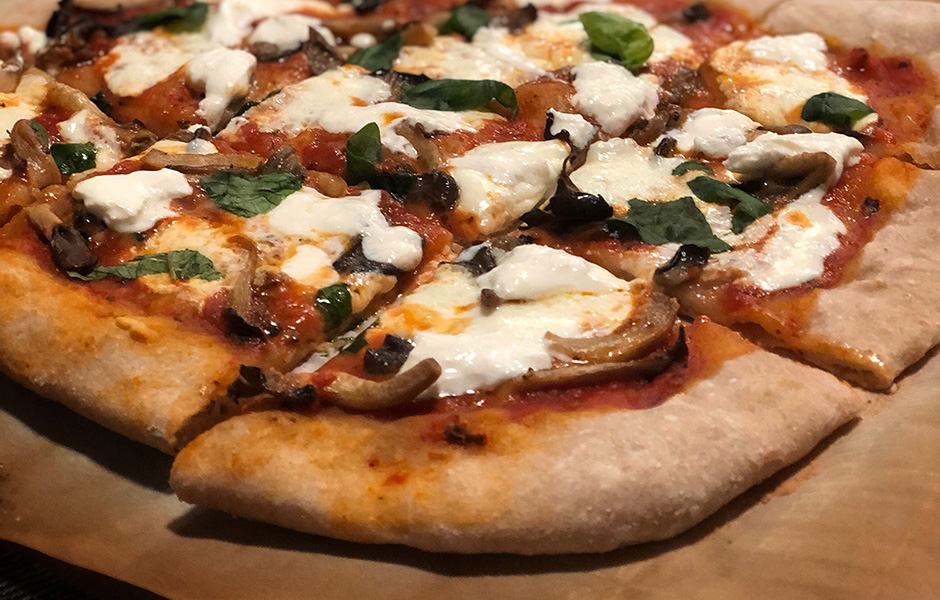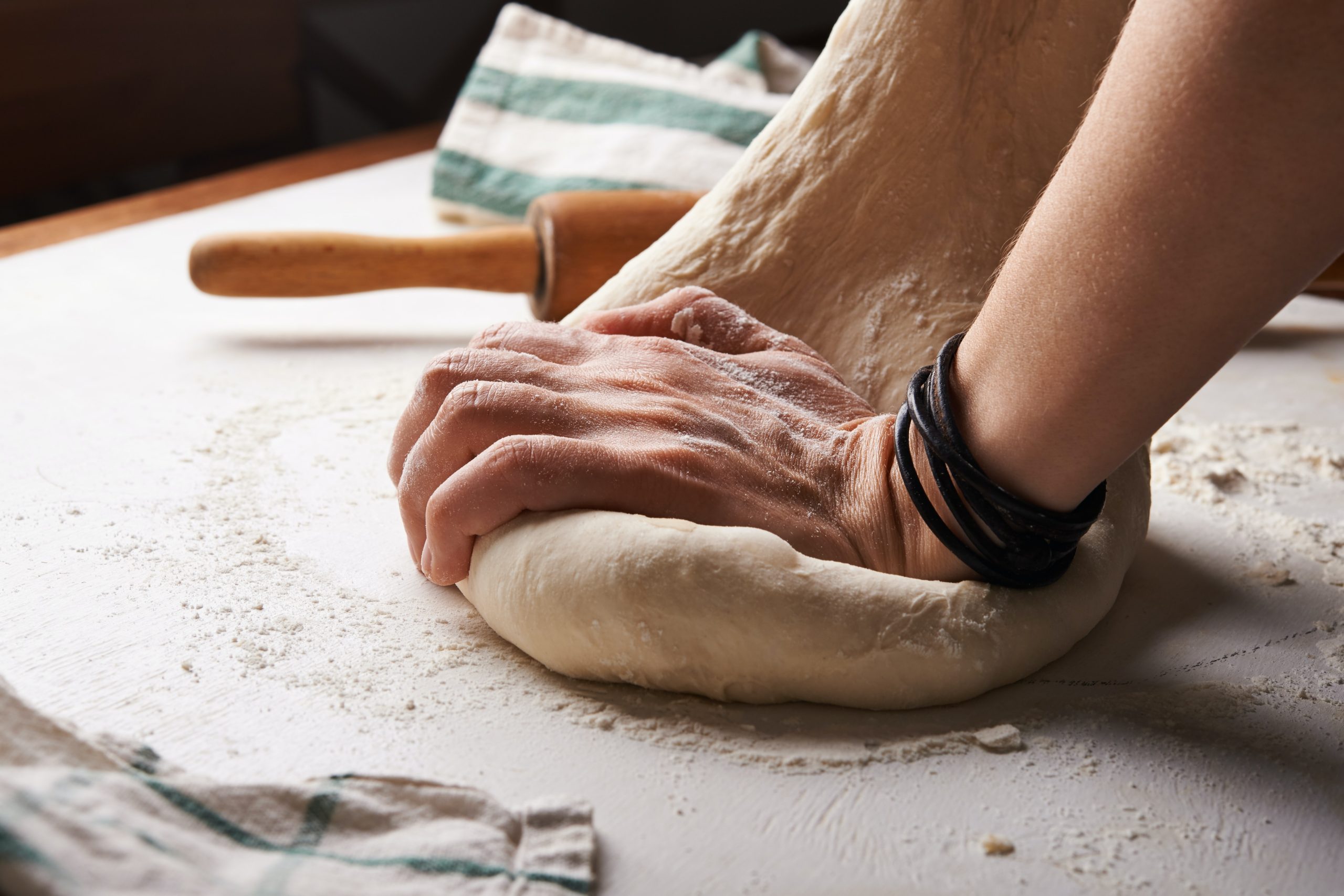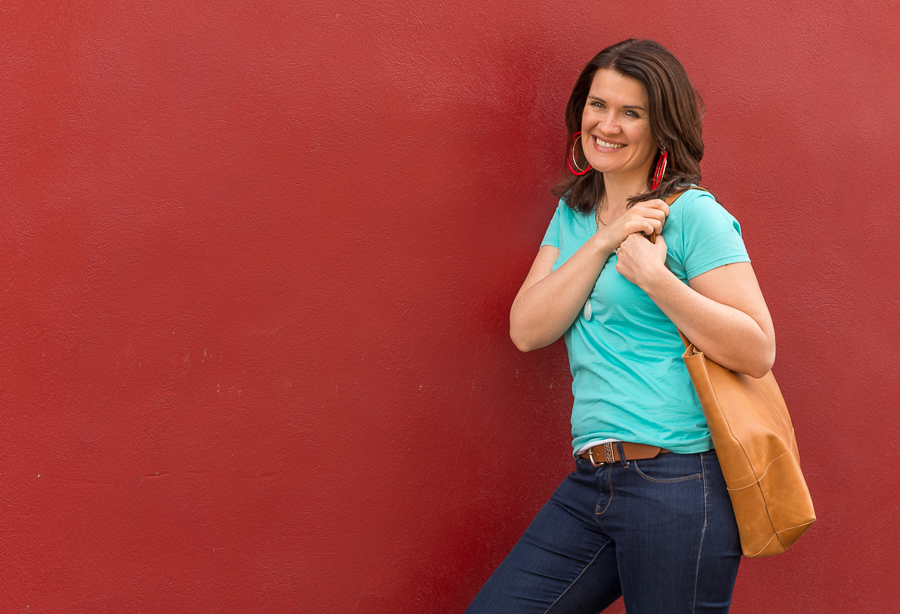Growing up, there were a few circumstances that sent my family spinning into survival mode. Being the middle child, I quickly learned to cope by trying to make everyone and everything all right. Something, I couldn’t actually do. But by watching out for my younger sisters, being good, and taking care of things around the house, it seemed I was able to manage things. That somehow, for my family, I was able to lessen the blow.
These skills I developed at home served me well at school too. By learning what was expected of me and performing it, I was able to be a good student. Even, by some standards, be a good friend. But these skills also shaped me into a people pleaser.
If you or someone you love is a people pleaser—or a recovering one, like me—then you know two things: One, a people pleaser is well liked. And two, not only are they concerned with “what will people think?” But their life is controlled by it. Other people’s opinions matter even more than their own. And if those opinions are unhealthy, it can be detrimental to the people pleaser’s health.
Thankfully, in my twenties, some minor health scares were the wake up call I needed. They helped me see that, “Making everything all right,” and worrying, “what will people think?” wasn’t working for me. And it was around this same time I was introduced to the work of Brene Brown.
A shame researcher and storyteller, Brene is helping our country learn to be vulnerable again. After years of “sucking it up” and “picking ourselves up by our own boot straps,” Brene is teaching people it’s not just “ok,” but rather necessary, for us to show weakness. Only, along with vulnerability comes critics. People who aren’t going to like us, who want to weigh in on our flaws, and who try to keep us from moving forward.
In my last post, I talked about the importance of taking the longview when following a dream or calling. To ask ourselves if other people’s opinions are more important than the possible outcome of doing what is in our hearts to do. But Brene Brown has taught me two additional crucial lessons about how to handle the criticism of others. Brene has taught me:
Not all criticism is created equal.
Through unpacking Theodore Roosevelt’s words on the Man in the Arena, she has helped me see that what we do matters so much more than what people will think of us. Through her TED talk, and later her book, Daring Greatly, Brene has helped me see that there are two kinds of criticism.
There is criticism that can tear you down, and there is criticism that can build you up. The former is from people who don’t care about you, and who also, aren’t themselves risking criticism to do something important. The latter is from people who are invested in you and want to see you succeed. If we are able to discern which criticism is which, we don’t have to be afraid of it coming our way. We can learn to ignore those that tear us down, and embrace those that will help us grow.
To Keep a short list.
In this episode of Chase Jarvis Live, Brene shares that she has a small piece of paper, an inch squared, in which she keeps the list of the people in her life whose opinion actually matters. She says these are the people “who love you not despite your vulnerability and imperfections, but because of them.” These are the people most invested in our wellbeing, so they should be the people we hold ourselves most accountable to.
Through her example, I have learned to redefine whose opinions actually matter in my life. And, similar to Brene’s small square piece of paper, it is a much smaller list than what I believed for years. For so much of my life, I was timid about my decisions because I was afraid of what random people were going to think—when they weren’t going to be the ones sticking around if I failed.
Each of us has more worth than we can fathom, so what we decide to do with all that is inside of us, matters to our world. We just need to make sure we don’t allow the whole world to have a say in how we do it.
How have you experienced both good and bad forms of criticism?
Who are the people that need to be on your short list?
Better yet, who shouldn’t be on your list at all?
Are you in the midst of making a hard decision? Contemplating a big life change? If so, you may be interested in my FREE Making Changes Checklist that I give to all my email friends. Want your free copy? subscribe here.












I learned a long time ago – pleasing people is a full time job and I’m not available! I have strict boundaries around me and mine. I am kind, generous, loving, and practice the ministry of presence — but I cannot please all the people all the time! Great post.
Thank you! It’s such a good and important lesson to learn–and the earlier the better.
Great post — I’m a huge Brené Brown fan — about halfway through her Daring Leadership and can’t wait to see her new Netflix film. Great idea to share her wisdom with your readers, Melissa. I’m a fellow hope*writer and will definitely be sharing this.
Thanks, Elizabeth! I am a huge Brene fan as well, and can’t wait to see her Netflix film too!